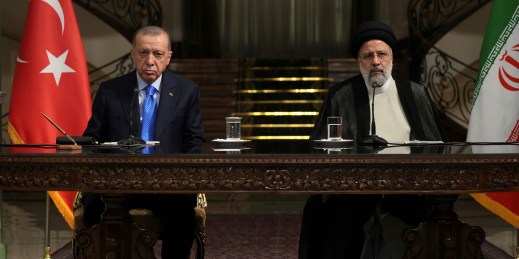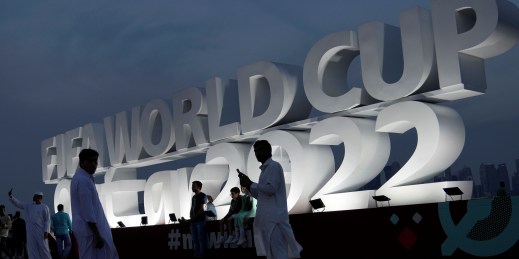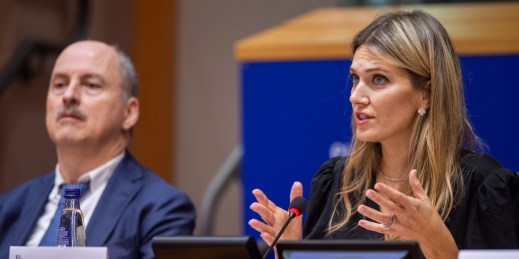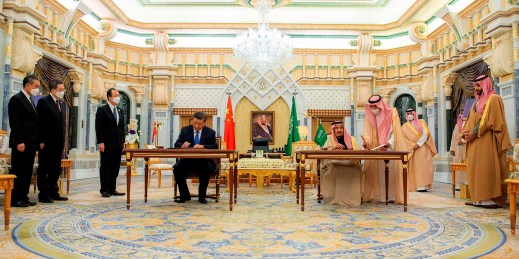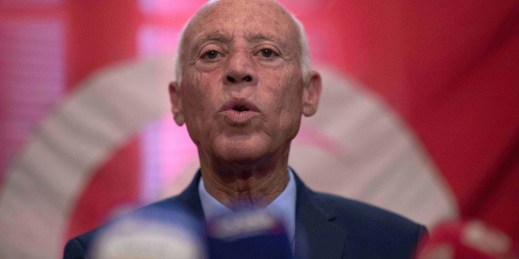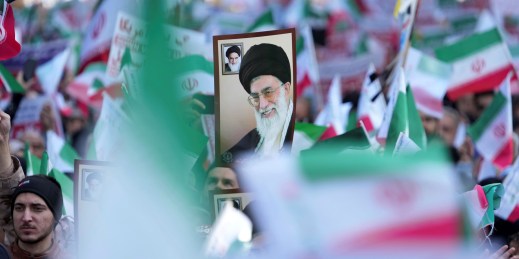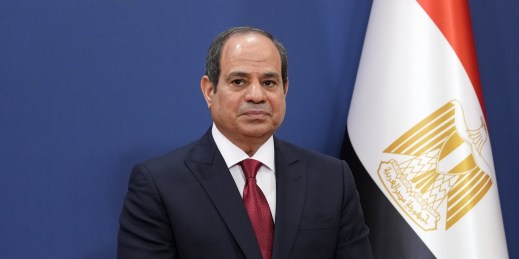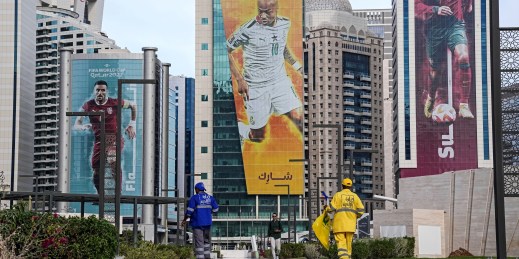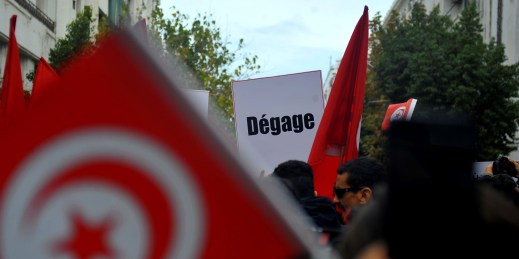
Amid a boycott by Tunisia’s main parties, only 11 percent of voters turned out for legislative elections Saturday. The elections were meant to legitimize President Kais Saied’s efforts to remake Tunisia’s democratic institutions. Instead, the opposition says low turnout indicates he has lost all legitimacy and must resign.

